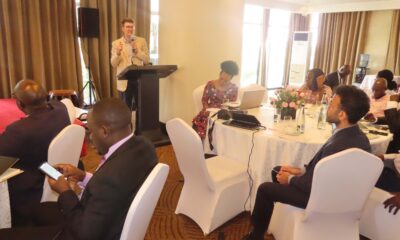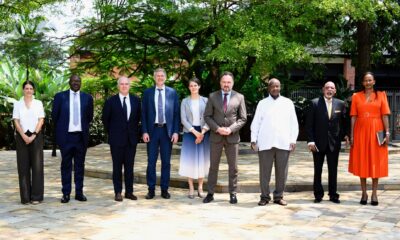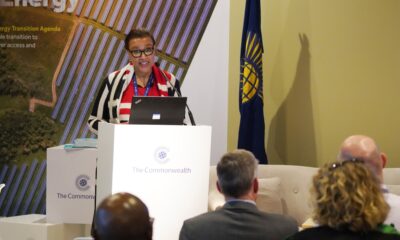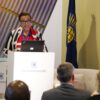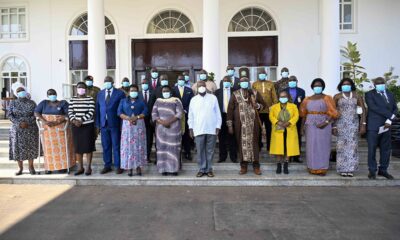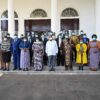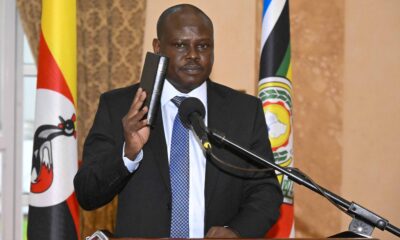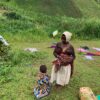News
Dry conditions highly likely to continue over the horn of Africa during the March-May 2023 rainfall season
After almost three years of persistent drought conditions, IGAD Climate Prediction and Applications Centre (ICPAC) on Wednesday announced that below-normal rainfall is expected in most parts of the Greater Horn of Africa (GHA) over the next three months.
Delegates gathering in Nairobi, Kenya, for the 63rd Greater Horn of Africa Climate Outlook Forum (GHACOF 63) examined the forecast for the March to May (MAM) 2023 season which points towards depressed rainfall and high temperatures. In parts of Ethiopia, Kenya, Somalia, and Uganda that have been most affected by the recent drought, this could be the 6th failed consecutive rainfall season.
The probability for drier than normal rainfall is also enhanced for parts of Rwanda, Burundi, eastern Tanzania, and western South Sudan. On the other hand, wetter than normal conditions are expected over the cross-border areas of Ethiopia and South Sudan, north-western Kenya, and parts of central and southern Tanzania.
Warmer than normal temperatures are likely across the region, particularly over Djibouti, Eritrea, Sudan, north-western South Sudan, southern and north-eastern Ethiopia, northern Somalia, northern and western Kenya, and parts of south-eastern and western Tanzania.
The March to May season constitutes an important rainfall season, especially in the equatorial parts of the GHA where it contributes up to 60% of the total annual rainfall. Dr Guleid Artan, ICPAC Director, explained that “even if the general conditions for the season do not look favourable, people can still take advantage of rainfall. This is why I urge all to consult our weekly and monthly forecasts which have a high degree of predictability”.
ICPAC’s analysis indicates raised chances of a delayed start of the rainfall season (the “onset”) over north-eastern Tanzania and raised chances of an early onset over much of western South Sudan. Elsewhere, probabilities favour a normal onset timing, with delayed or early onset only in small pockets.
In the regions severely hit by drought, the current trends are worse than those observed during the drought of 2010-2011. The Food Security and Nutrition Working Group (FSNWG), co-chaired by IGAD and FAO, estimates that close to 23 million people are currently highly food insecure in Ethiopia, Kenya, and Somalia.
It is likely that the situation in the affected areas will intensify through the transition period to MAM 2023. Beyond this point, the situation will be informed by the season’s performance. However, considering that 11 million livestock have already died and that the MAM harvests start around August, any positive impacts will be realized much later. In view of these grim realities, IGAD’s Executive Secretary, Dr Workneh Gebeyehu, called for “an immediate scaling-up of humanitarian and risk reduction efforts. National governments, humanitarian and development actors must adopt a no-regret approach before it’s too late”.
IGAD also announced the launch of a partnership with the International Federation of Red Cross and Red Crescent Societies (IFRC) to address the multi-faceted crisis in the IGAD region. Mohammed Mukhier, IFRC Director for Africa, said: “These prolonged and recurrent climate change-induced droughts will further worsen other existing, mutually exacerbating humanitarian challenges in the region, including the ongoing hunger crisis, the impacts of COVID-19 and internal displacement. We need an all-hands-on-deck approach to strengthen food systems, livelihoods, and climate resilience.”



